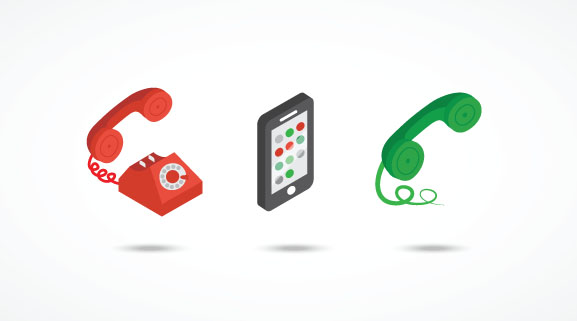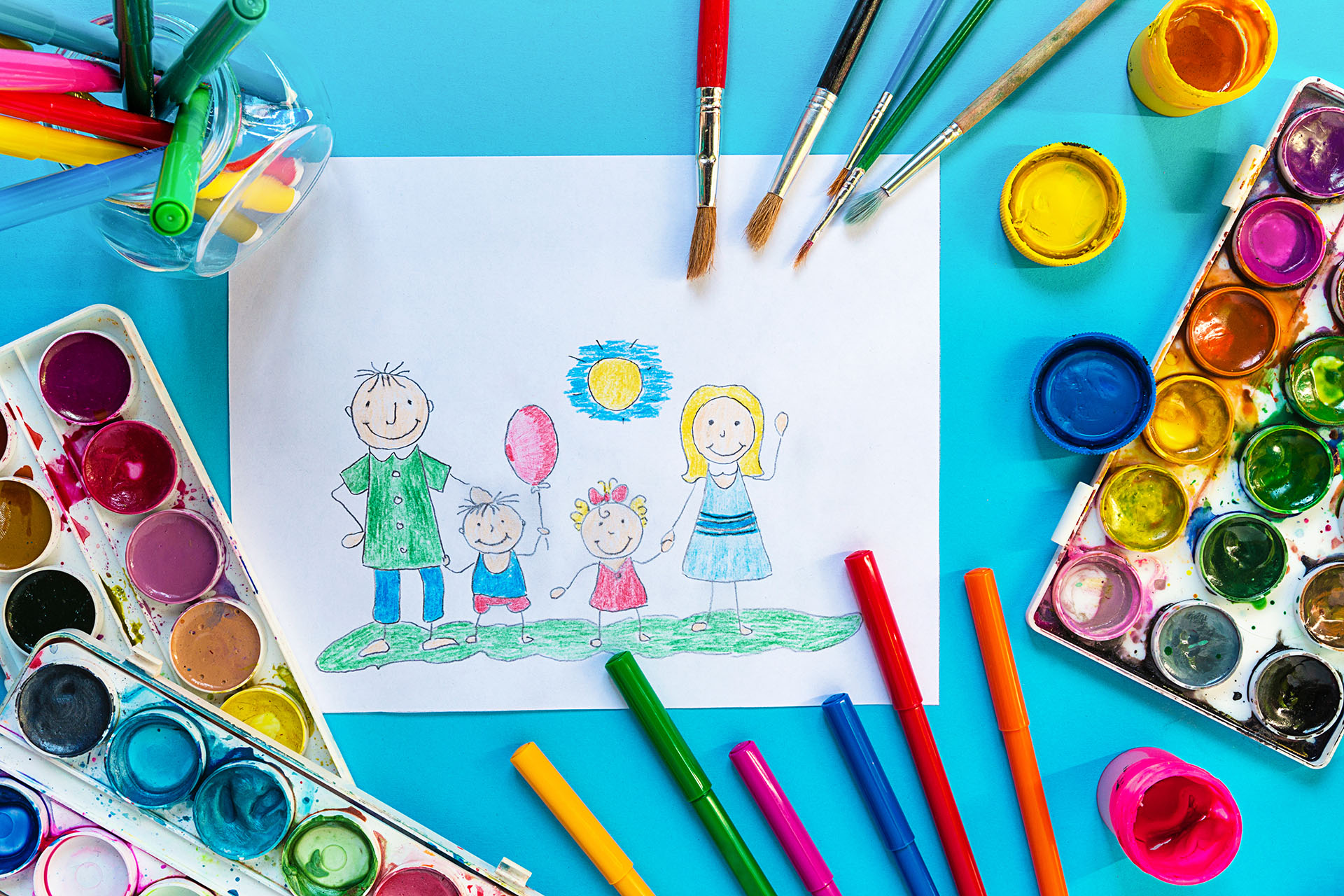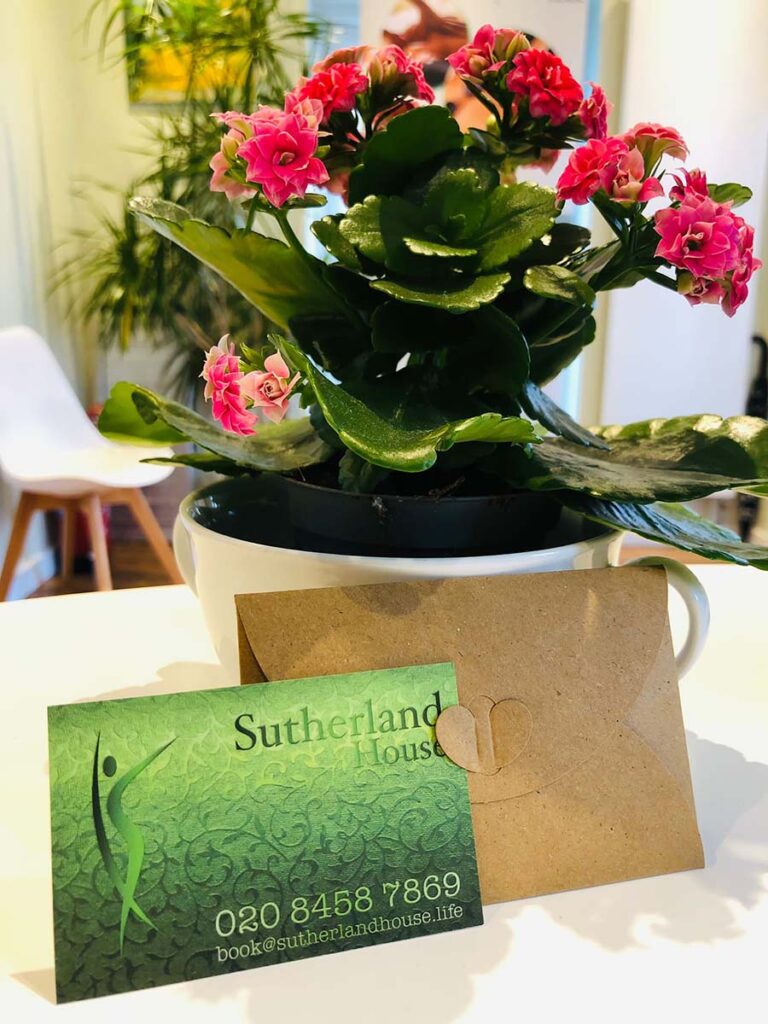
For many of us, home is our safe or happy place. Here we can safely retreat from the hustle and bustle of the outside world to recharge and reboot before we step outside again. So home is a good place, but when our normal routine gets disrupted this happy place can become a war-zone.
Initially, most people will thrive in the face of challenges, however, as the period of disruption prolongs the initial high, they got from the adrenalin rush, drops and the reality sinks in. That we are there to stay! And whether you are alone or surrounded by family 24/7 you will need to support your mental well-being.
Routine often falls by the wayside as soon as we are outside our normal constraints. It may surprise you, that despite our desire to be totally free and easy, our body and our mind often prefers regularity. This is because a routine means that we don’t have to constantly make decisions that cost us valuable time and energy. It helps to get things done, which gives us that little boost that makes us happy. Good routines are going to bed and waking up at a reasonable time, planning your day out and then following it.

Physical movement stops our brain from shrinking and therefore keeps you smart! Take at least a ½ hour’s walk twice a day in a green space, if you can. Being outside will give you a range of other stimulus which your brain craves – it is a thrill seeker after all! There is evidence that when we are outward focused, we become happier and are less likely to be self-absorbed and therefore less likely to find fault with ourselves and others.
Plus, the fresh air gives you an oxygen boost especially now that there is very little traffic 😊 If you can’t get out because you are self-isolating then try to join in on exercise or activity classes online, as dancing, free-movement, etc. You might like to use our exercise classes on the Sutherland House YouTube Channel.

This will be different for everyone, as generally the younger the person is, the less space they need away from others. Most of us cannot have constant high impact sensory stimulus, we need down time and just having time for sleep is not enough. We need a space where we can retreat, rest and regroup. If you haven’t already done this, organise a family discussion and create a schedule and if possible – within reason, get agreement by all family members.
Make sure that the times and place where the person will be, is listed and put the schedule up somewhere prominent, where every member of the family can be aware of these agreements. Often what happens in most families, we enmesh with each other boundaries and this can make it difficult when you want your space. Creating a boundary not only engenders respect, but it allows for people to develop skills in self-soothing.
Another way to destress is to do tasks and activities that have multiple sensory based components i.e. visual, auditory, kinaesthetic (touch), smell, taste, vestibular (balance) and proprioceptive (comforting touch) – So for example there could be family hugs or even a group massage, etc.
If scents help you – have a tissue with some essential oil on it and have it close. On your phone have apps that have meditation, uplifting music, etc. A multisensory kind of app that uses ASMR. This works by activating using multiple sensory experiences through sound. It may not work for everyone but for many it has worked, so give it a go.
For children (and some adults😊) help them create a special activity box which they can go to. Let them decorate it and put in things such as cuddly toys, blanket, books, etc., that can be touched, felt, smelt, etc. This will anchor them to a sense of safety when things get overwhelming.

This is about giving people benefit of the doubt. Tolerance levels greatly diminish and tempers can often rise, when we are stressed and being cooped up for long periods.
Try to stop, take a breath and then count to 3 before you respond to something that is causing you to get angry, upset, hurt, scared, etc. These are feelings that are often not actually about the person that is in front of you, rather than what they are doing is reminding you of some aspect of your past. So be kind to yourself – you and they are human and this is not an ordinary situation – you are all just doing the best that you can, given the circumstance.
Instead you can get to learn a little more about the feeling so that you can change your old story by:
Naming the feeling – research shows that simply doing this alone reduces negative feeling
Then ask yourself what is the meaning I am giving to this i.e. they don’t care about me, I am not important enough, etc.
Recognise that this is an old story – it isn’t true
Lower your expectations of how you need to be and accept that you are imperfectly perfect. You are always a work in progress. Uncertainty will always generate anxiety and fear and in some cases distress. The crazy thing is, we are designed for change neurologically, but stability and growth requires that we build the frameworks of the structures we are in. It is like two part of ourselves are at loggerheads.
How we manage that is to accept and see ourselves as simply doing the best that we can and don’t get it right. It is good to remember that there is no perfect road map for the journey we are on at the moment.
Switch of the News channel and only listen at set times of the day. There is nothing like negative or sensational news to get our attention. As biological beings, we are designed to respond to negative events because that way we can keeps ourselves safe.
But having constant negative news that is skewed, causes us to get anxious and stressed. Therefore, choose you news channel wisely, preferably one that is not associated with sensationalising the news and limit that to perhaps once or twice a day.

Try to keep in mind our situation is temporary. When we are in the midst of a crisis, it can seem never ending but the truth is, it will end – just like the sun comes up everyday life will continue. To help set about doing a combination of short- and long-term projects.
Having small regular projects that can be completed will give you continuous boost, while simultaneously building excitement for when the longer is complete. Delayed gratification makes the prize so much sweeter.
Don’t be too proud to ask for help – it is NOT a sign of weakness. If you are experiencing difficulties, reach out to your therapist or psychiatrist. If you are not currently seeing anyone, there are plenty of online support available.
Try and keep things as normal as is possible by continuing any ongoing therapy or medical treatments. Now is not the time to change those things. There will be time when this is over.
Find three things that you are thankful for everyday and write it down. It doesn’t have to be a big thing. It could simply be something like; thanking your body for doing such a good job at keeping you safe, or that you are not alone, there is enough food, etc.
Just above our heart is our Thymus gland which is involved with immune system. When we are grateful it tells our body that we are safe and we can go back to normal functioning.
Another way to find things to be thankful for, is to look for the lesson or the blessing in what is happening to you. This gives us a sense of agency and control in what can appear to be an out of control situation. We are, what we perceive ourselves to be, so if we see that things are there to support you, then it is easier to let go and be free of unhelpful thoughts and feelings.
If you can, try to keep a diary to put down your thoughts and to remind you of the progress you make. Let us know if anything here worked for you and what hasn’t – we would love to know. We, at Sutherland House, are still available for you, should you need us. So, don’t hesitate to call us.
Finally, keep yourselves safe and well during this time.

Neurodirected Psychotherapist
BSc Psychology (Hons)
MSc Cognitive Neuroscience & Neuropsychology
Registered Nurse & Midwife
Intensive Care
NLP Master Practitioner & NLP Psychotherapist
Ericksonian Hypnotherapist EMDR
To book an appointment, or get in touch with a practitioner, call
Or book an appointment online
